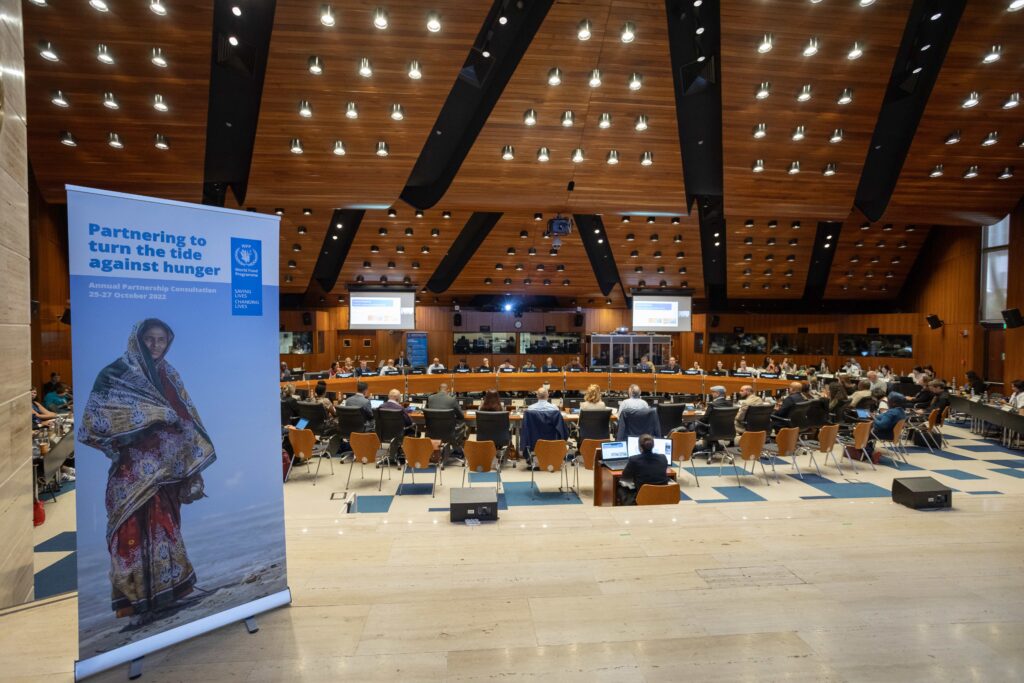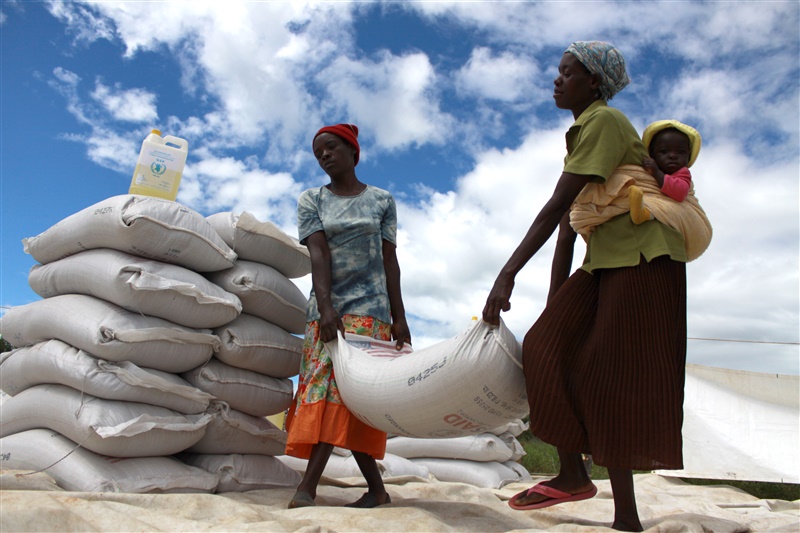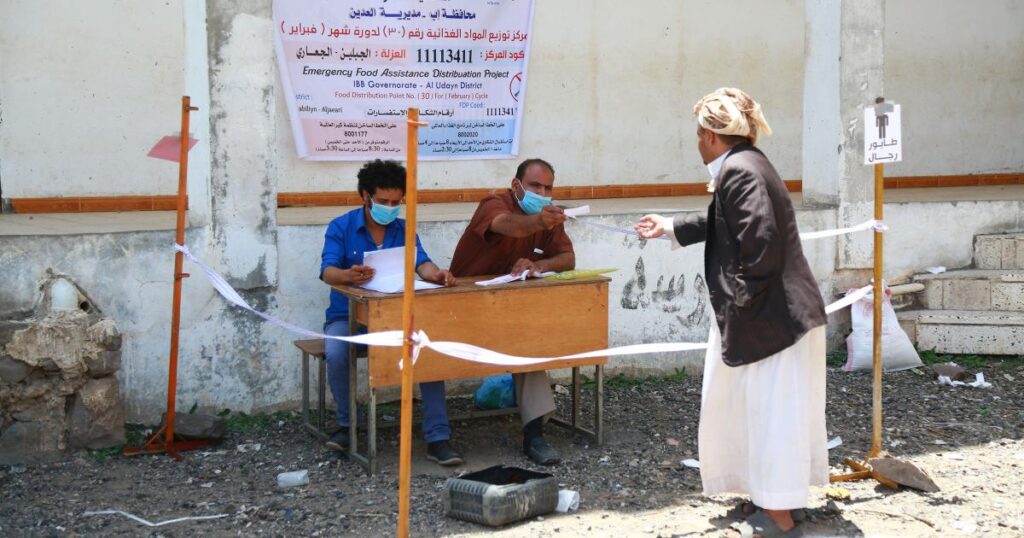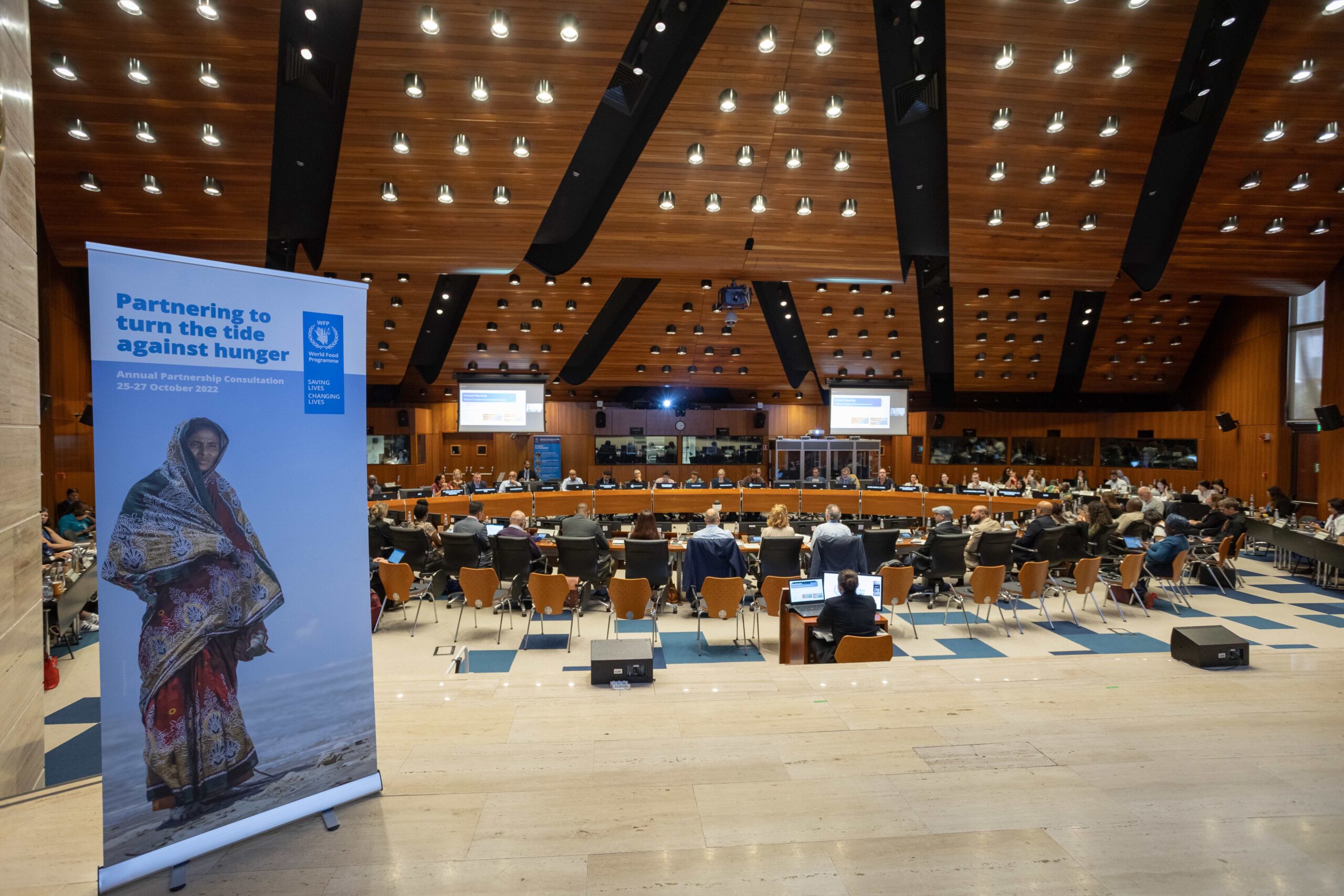
In today’s world, addressing social issues and contributing to humanitarian causes has become a priority for businesses. Collaborating with non-governmental organizations (NGOs) offers a powerful way to make a positive impact on society. By partnering with NGOs, businesses can support and participate in meaningful humanitarian campaigns that address pressing social challenges. In this article, we will explore the benefits and best practices of partnering with NGOs for humanitarian campaigns in Vietnam. From promoting education and healthcare to advocating for human rights, we will delve into the key aspects of successful collaborations that can help businesses drive social change and create a better world.
I. The Role of NGOs in Humanitarian Work
- Social Impact: NGOs play a crucial role in addressing social issues and advocating for positive change. They often focus on areas such as education, healthcare, poverty alleviation, environmental conservation, and human rights.
- Expertise and Networks: NGOs possess specialized knowledge, experience, and networks in their respective fields. Partnering with them allows businesses to tap into these resources and leverage their expertise for impactful humanitarian campaigns.
II. Benefits of Partnering with NGOs
- Credibility and Trust: NGOs are widely recognized for their commitment to social causes and their credibility in addressing societal issues. Collaborating with reputable NGOs enhances a business’s reputation and builds trust with consumers.
- Access to Targeted Audiences: NGOs have a dedicated following and engaged supporters who are passionate about social causes. Partnering with NGOs provides businesses with access to these targeted audiences, allowing for effective outreach and increased brand exposure.
III. Humanitarian Campaigns and Initiatives

- Education and Skill Development: Partnering with NGOs focused on education can help businesses support initiatives that enhance access to quality education, improve infrastructure, and provide skills training to marginalized communities.
- Healthcare and Well-being: Collaboration with healthcare-focused NGOs enables businesses to contribute to initiatives such as medical outreach programs, disease prevention campaigns, and access to healthcare services for underserved populations.
- Environmental Conservation: NGOs dedicated to environmental conservation offer opportunities for businesses to engage in campaigns promoting sustainable practices, conservation efforts, and raising awareness about environmental issues.
- Human Rights and Social Justice: Partnering with NGOs advocating for human rights allows businesses to support initiatives addressing discrimination, inequality, and social justice issues, creating a more inclusive society.
IV. Aligning Values and Objectives

- Shared Mission and Values: Collaboration with NGOs that align with a business’s values and mission strengthens the authenticity and impact of the partnership. This alignment creates a unified message and a stronger collective effort towards social change.
- Long-Term Partnerships: Building long-term partnerships with NGOs fosters sustained impact and allows businesses to contribute consistently to humanitarian causes. It also provides the opportunity for shared learning, ongoing collaboration, and monitoring of progress.
V. Leveraging Resources and Expertise
- Financial Support: Businesses can provide financial support through donations, sponsorships, or grants to help NGOs implement their programs and expand their reach. This support enables NGOs to amplify their impact and address social challenges more effectively.
- Employee Engagement and Volunteering: Encouraging employees to engage in volunteering activities organized by NGOs strengthens their connection to social causes. Employee volunteer programs offer opportunities for hands-on involvement and promote team-building and personal growth.
VI. Measuring Impact and Reporting
- Define Impact Indicators: Establish measurable impact indicators aligned with the objectives of the humanitarian campaign. These indicators may include the number of beneficiaries reached, changes in awareness or behavior, or improvements in the quality of life.
- Transparent Reporting: Transparently report the outcomes and impact of the collaboration. Highlight the achievements, challenges, and lessons learned to demonstrate accountability and inspire others to take action.
In conclusion, partnering with NGOs for humanitarian campaigns offers several benefits, including:
- Credibility and trust through association with reputable NGOs.
- Access to targeted audiences passionate about social causes.
- Opportunities to contribute to education, healthcare, environmental conservation, and human rights initiatives.
- Alignment of values and objectives for a stronger collective impact.
- Leveraging resources and expertise to maximize social change.
- Measuring impact and transparently reporting outcomes.
Contact our Vietnam team today to discuss your goals, desired social impact, and opportunities for collaboration. Together, we can create meaningful campaigns that drive positive change and make a difference in people’s lives.

Leave a Reply